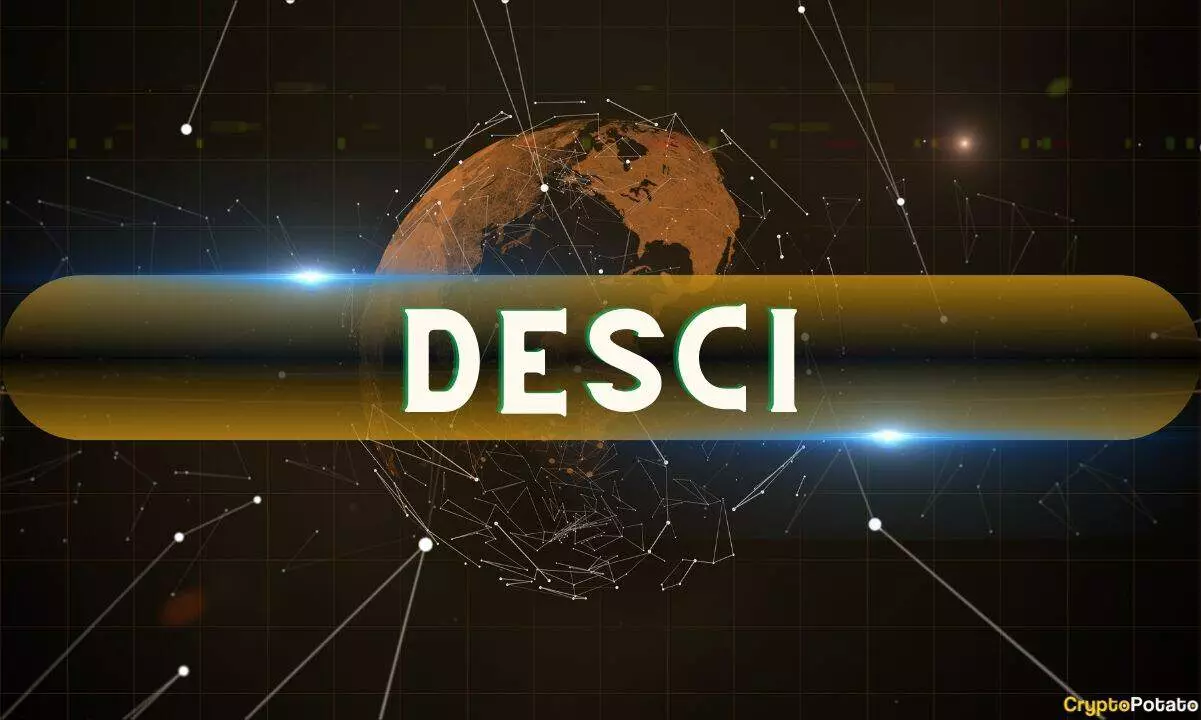The journey from fundamental scientific research to practical application is fraught with numerous challenges, particularly evidenced in the realm of translational research. One of the most pressing issues is the “Valley of Death,” a term that encapsulates the daunting reality that 80 to 90 percent of research initiatives do not progress beyond the pre-clinical phases. As a result, the staggering statistic that merely 0.1% of drug candidates receive government approval speaks volumes about the inefficiencies inherent in traditional scientific pathways. The core of these issues lies in prevalent misaligned incentives among various stakeholders, including academia, funding bodies, and the pharmaceutical industry, which complicates efforts like funding allocations, collaboration between researchers and clinicians, and the standardization of reproducibility in experiments.
A revolutionary solution to these deep-rooted inefficiencies may lie in the emergence of Decentralized Science or DeSci. Leveraging the innovative capabilities of Web3 technologies, DeSci promises to transform conventional research practices into more structured, transparent, and collaborative endeavors. Recent insights from Binance Research elucidate how blockchain technology serves as a foundational element in this newly forming sector, enabling trustless coordination of funding and providing a secure, immutable framework for monitoring progress. This transparency is crucial in aligning the interests of all participants involved—patients, researchers, and investors.
One of the most critical challenges that DeSci can address is the pervasive lack of funding for research projects. By utilizing Decentralized Autonomous Organizations (DAOs), DeSci introduces a new paradigm where stakeholders can gather resources collectively. DAOs facilitate collaborative decision-making among patients, researchers, and investors who share the common objective of propelling research towards clinical efficacy and market availability. Token governance incorporated within these DAOs not only ensures transparency but also employs smart contracts to enforce funding milestones. Additionally, the tokenization of intellectual property and the distribution of fractional ownership among participants make financial involvement in research both fair and rewarding.
Inadequate collaboration between scientists and clinicians can stifle the progression of valuable research; however, DeSci offers a framework to foster cooperation from the outset. By establishing DAOs, both parties can align on research objectives and expected outcomes right from the start, which is imperative for successful translational research. Furthermore, a peer review system incentivized by the structure of these DAOs ensures that clinicians are encouraged to provide insightful feedback early in the research process. On-chain reputation mechanisms bolster trust, thereby nurturing a collaborative atmosphere amongst researchers.
Reproducibility is another endemic issue besieging scientific inquiry. Utilizing blockchain technology can significantly enhance transparency regarding research methodologies, making it easier for other researchers to replicate findings faithfully. Open sharing of all research outcomes—including those that did not yield expected results—can reduce publication bias and elevate the authenticity of scientific literature. Decentralized storage solutions promise data security, improved access, and better collaborative potential, ultimately fostering greater trust in the outcomes of scientific endeavors.
Despite being in its nascent stages, Decentralized Science boasts a burgeoning market cap of approximately $1.75 billion across 57 projects. When compared to its counterpart, Decentralized Finance (DeFi) at $2.7 billion, and the broader crypto AI domain valued at $47 billion, it is evident that substantial growth potential remains within the DeSci sector. Conclusively, while the landscape of scientific research might still be marred by inefficiencies, the integration of decentralized methodologies signifies a promising shift that could profoundly improve the way scientific endeavors are conducted in the modern era.
















Leave a Reply